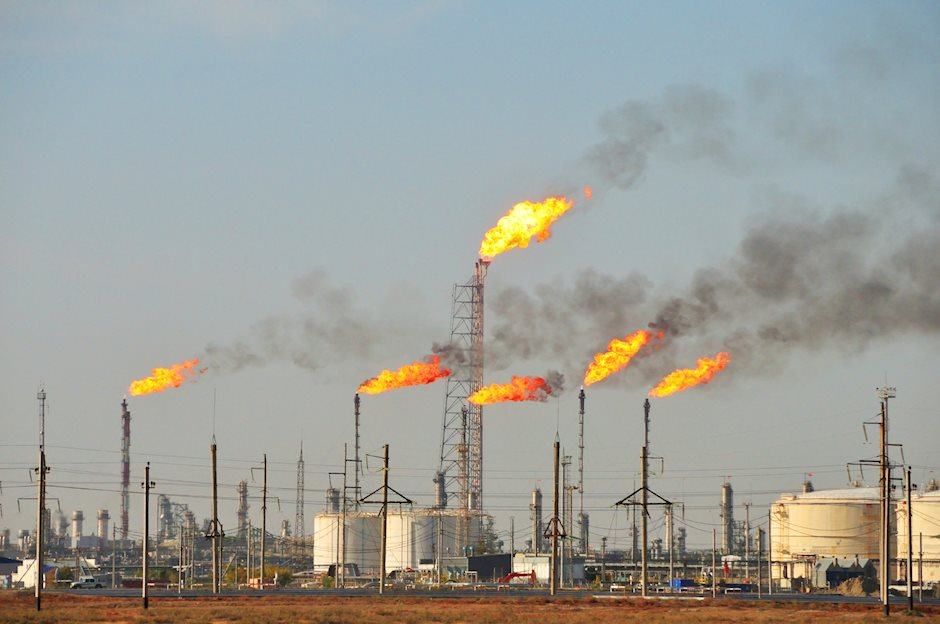UK Oil and Gas gets a lift on EPL concession

This morning the UK government threw what could be construed as a bone to the oil and gas sector even though they announced that the energy price levy of 35% would continue until October 2028 as planned, keeping the total tax on UK profits at 75%.
This has helped the share prices of EnQuest, Serica Energy and Harbour Energy move slightly higher, however the measure is unlikely to have a long term benefit, if as expected, the Conservatives lose the next election given the opposition Labour Party’s insistence on ending all new oil and gas production in the North Sea.
As for BP and Shell the announcement has made little difference given how little of their profits they make in the UK.
Today’s concession was that if average prices for oil and gas fell to, or below $71.40 a barrel and £0.54p a therm for 2 consecutive quarters the tax measure would cease to apply and revert to 40%.
All well and good you might say but it seems that the prices for both would need to fall to those levels, and not one or the other, for the measure to kick in, which in the current environment seems unlikely.
The UK treasury statement went on to say that the EPL is a direct consequence of the Russian invasion of Ukraine which has driven the extreme moves in energy prices, however the statement conveniently forgets to mention that this Russia premium has completely gone. It is now ancient history and disappeared months ago.
As far as oil prices are concerned, we are already close to the levels that such a move would apply with prices currently at $76 a barrel, close to the lows this year at $70 a barrel.
UK natural gas prices on the other hand are still well above the current trigger level of 54p, at 67p per therm, although we are still at 2-year lows, well below the levels they were trading at when Putin started his military build-up in Belarus at the end of 2021.
We’ve already seen Harbour Energy pull back from the UK in the wake of last year’s tax announcement, having had to forego almost all of their profits from its last fiscal year, on record revenues of $5.4bn.
Prior to that year the company had never been profitable, formed out of the ashes of Premier Oil and Chrysaor Energy 2022 would have been the first year that it would have seen a decent return on its investment in the Tolmount Oil and Gas field which now supplies 5% of the UK’s oil and gas output.
It’s therefore not surprising that Harbour Energy management chose not to bid for any of the new licences on offer as well as cutting investment in its UK operations more broadly.
It now transpires management might be looking at a merger with US based Talos Energy which has assets in the Gulf of Mexico.
While this morning’s announcement might offer the illusion of certainty to an increasingly beleaguered oil and gas sector it doesn’t really do anything of the sort. It does nothing to address the longer-term concerns over the UK’s energy security and does nothing to encourage the investment in sunk costs required to bring new supply online.
How can it when you have politicians of all colours offering up quaint sound bites about the need to go green and focus on renewables without addressing the elephant in the room of security of supply.
No one disputes the need to transition to cleaner forms of energy, however this does very little to address that.
It’s just another fig leaf for a political class out of ideas and lacking in anything close to intellectual clarity over how the UK will be able to deal with the challenges over the next 5-10 years.
Author

Michael Hewson MSTA CFTe
Independent Analyst
Award winning technical analyst, trader and market commentator. In my many years in the business I’ve been passionate about delivering education to retail traders, as well as other financial professionals. Visit my Substack here.

















